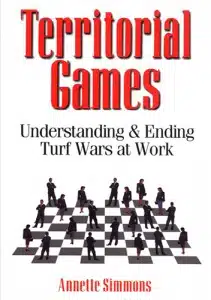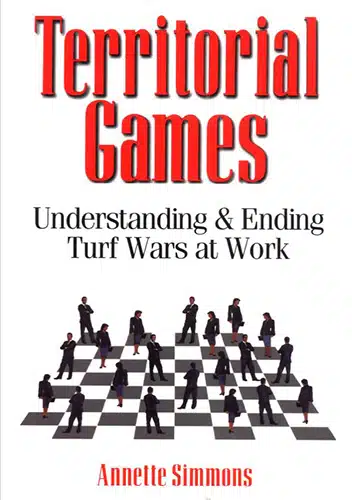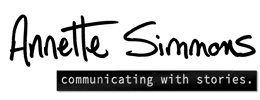How can we increase a group’s responsibility for displaying collaborative behaviors by facilitating dialogue, drawing metaphor maps, and training groups about psychological safety.

Turf Wars Happen
When people interact around limited resources we get grabby, exclusionary and sometimes downright rude. What if these behaviors are artifacts of outdated “territorial instincts” triggered by fear, stress, and uncertainty. Of course resources are less tangible these days. The resources we need to get ahead include: information, relationships, and status (including visibility) so the behaviors become less tangible as well.
And yes, this research is twenty years old…but most people recognize the same experiences…
In Meetings
- Intimidation – bully, silence with threats, just not worth it
- Filibuster – overtalking, not sharing air time, stress talking
- Camouflage – red herring, distraction, diversion
During Implementation
- Invisible Walls – bad logistics, disdainful tone, go slow
- Strategic-Non-Compliance – say “yes” but do “no”
- Information Manipulation – spin, inflate figures, distort meaning
Social Behaviors
- Shunning – humiliation, ridicule, omission
- Powerful Alliances – name dropping, using contacts to overrule
- Discredit – attack source of “facts,” name calling,
Old Skool
- Occupation – hoarding information, relationships and access
We can call these behaviors stupid, short-sighted or counter-productive but this just blames people for having emotions that trigger protective actions. Teaching people to override emotional reasoning is the long way to a solution. What if we teach groups that these behaviors are normal enough to figure into conversations we have when we design work, set up systems, or build teams. Everybody has the same triggers – so if everyone on your team looks for the triggers that stimulate games (incivility) …they can avoid the triggers and rise above knee jerk reactions to protect ideas, resources, visibility within their own tribe. My approach is to increase a group’s responsibility for displaying collaborative behaviors by facilitating dialogue, drawing metaphor maps, and training groups about psychological safety.
Sometimes one presentation of the ten games can change the dynamics of a group because groups have important conversations about “game playing” without targeting individuals or risking retribution. People are free to admit these instincts are common to all human beings and move directly into conversations about changing behaviors.
If you are interested in building psychological safety within your group, consider using the “ten games” model to characterize incivility as a blame free, understandable, and forgivable human response to uncertainty. Blame only makes it worse – shame, same thing. It is much easier and more productive to accommodate our common humanity (good and bad) than to eliminate it.




